In Nigeria, Africa’s largest oil producer, a stark paradox unfolds daily as millions of citizens, businesses, and public services grapple with a crippling lack of electricity. This energy crisis, set against the backdrop of the country’s vast petroleum resources, paints a picture of missed opportunities and systemic challenges that permeate every aspect of Nigerian society.
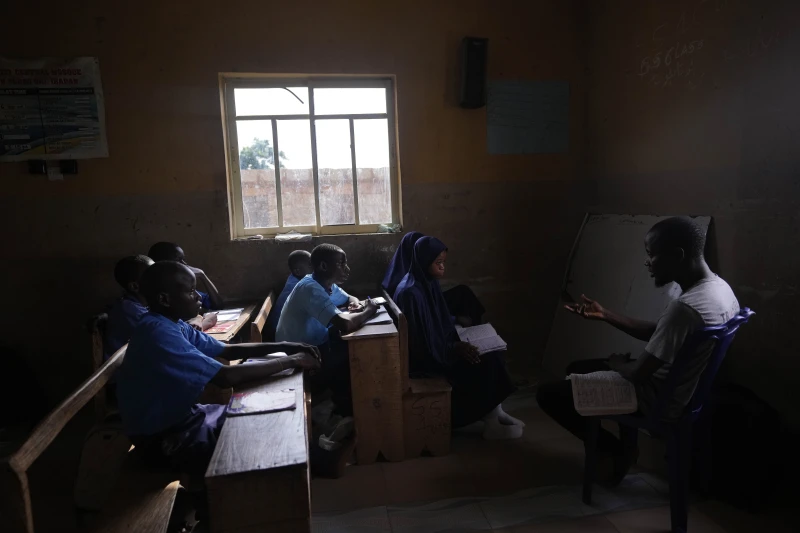
The impact of this power shortage is perhaps most poignantly felt in the nation’s schools. In institutions like Excellent Moral School in Olodo Okin, Ibadan, students and teachers alike struggle with the most basic of educational needs. Classrooms are dimly lit, relying solely on sunlight streaming through wooden windows. The absence of electricity means no computers, no internet access, and limited study time, effectively cutting off these young learners from the digital age that defines modern education globally. School founder Muyideen Raji’s statement that “the entire community is not connected, including the school” underscores the widespread nature of this issue, highlighting how entire communities are left in the dark, both literally and figuratively.
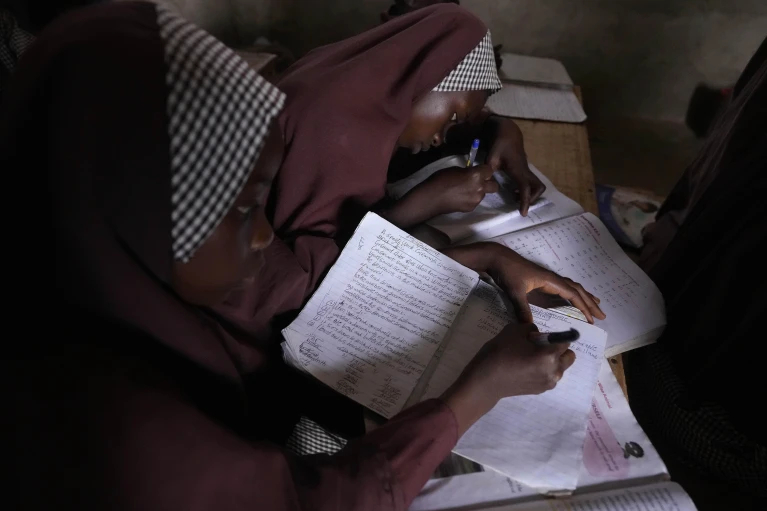
The healthcare sector bears an even more dire burden of this electricity crisis. Hospitals and clinics across Nigeria face the daily challenge of providing care without reliable power. The consequences are often life-threatening, as evidenced by the chilling account from former regulatory chief Sam Amadi: “I have the story of a person who died in hospital because the electricity went out during operation.” This tragic anecdote is not an isolated incident but a representation of the precarious state of healthcare delivery in a country where power outages are a daily occurrence. Medical equipment, from simple diagnostic tools to life-support systems, becomes unreliable or unusable, putting patients’ lives at constant risk.
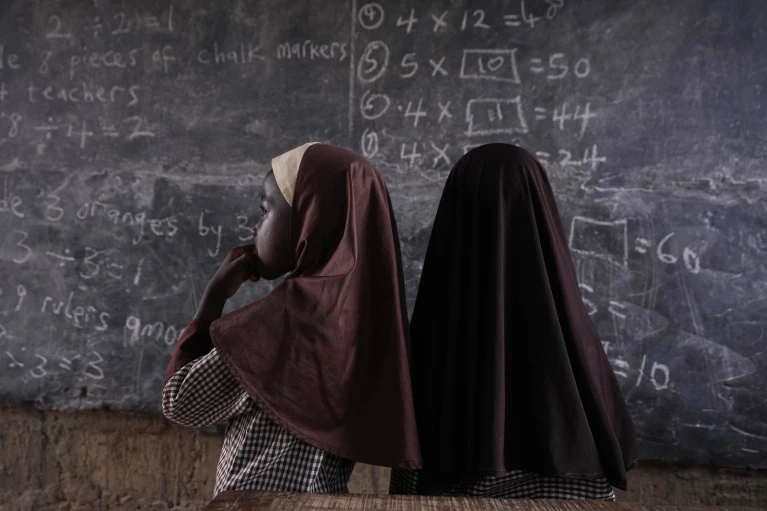
The economic ramifications of Nigeria’s power crisis are equally severe. Small and medium-sized enterprises, the backbone of any developing economy, struggle to stay afloat amidst frequent blackouts and the high costs of alternative power sources. Ebunola Akinwale, who owns Nature’s Treat Cafe in Ibadan, exemplifies this struggle. Her monthly expenditure of 2.5 million Naira ($1,700) on backup generators for just four branches of her business is a testament to the exorbitant costs businesses must bear to operate in Nigeria’s energy-starved environment. This financial burden not only stunts business growth but also hinders job creation and economic development on a national scale.
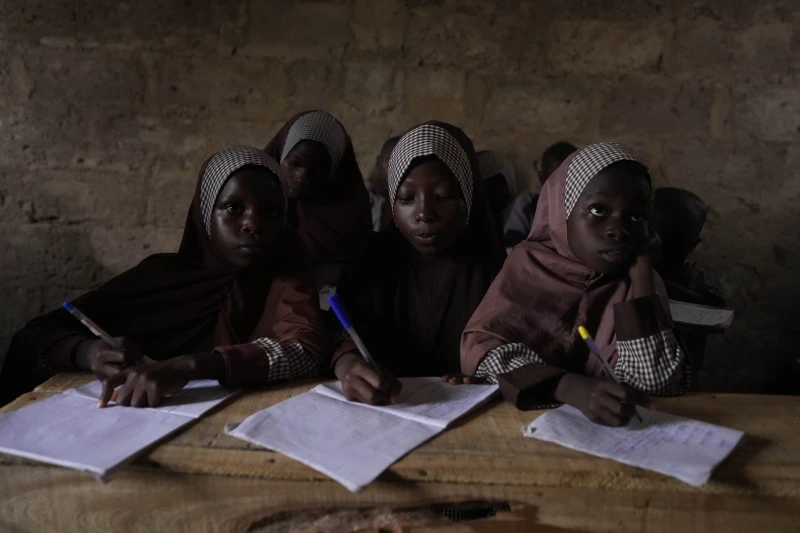
The scale of Nigeria’s electricity problem is staggering. With a power generation capacity of less than 8,000 megawatts and an average supply of under 4,000 megawatts, the country’s electricity output is woefully inadequate for its population of over 200 million. To put this in perspective, Singapore, with a population of just 5.6 million, supplies more than twice the amount of electricity that Nigeria manages to generate. This disparity underscores the enormous gap between Nigeria’s energy needs and its current capacity.
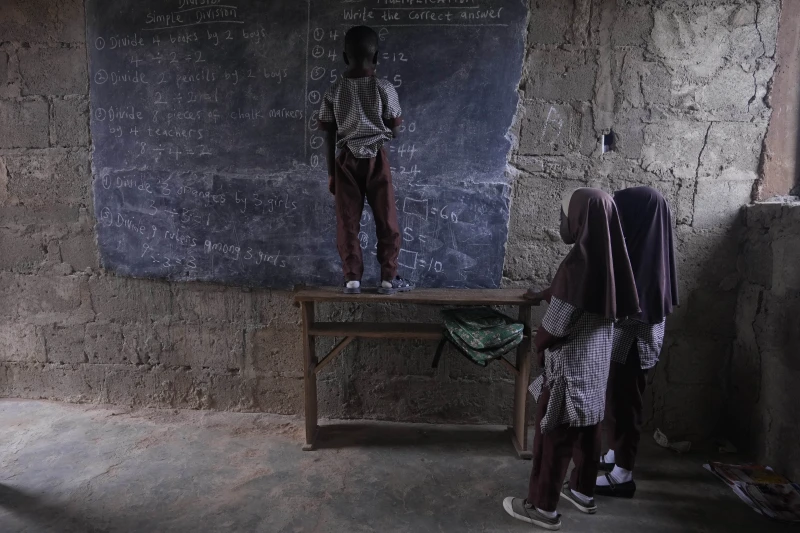
Despite these challenges, Nigeria possesses a potential solution in its abundant sunshine, making solar energy a promising avenue for addressing the power crisis. However, the path to harnessing this renewable resource is fraught with obstacles. High interest rates, reaching up to 15% for borrowing, coupled with the absence of cost-reflective tariffs, create a hostile environment for investors. As a result, 14 grid-scale solar projects capable of generating 1,125 megawatts have remained stalled since 2016, victims of financial inviability in the current economic landscape.
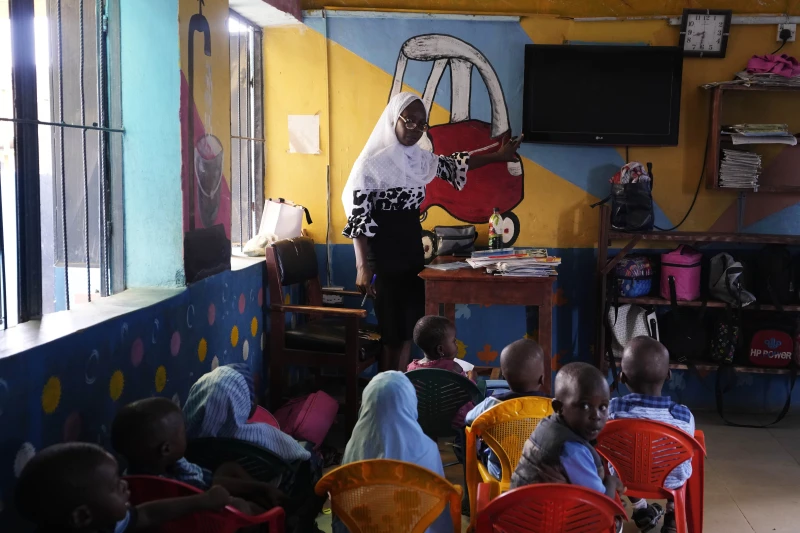
The Nigerian government’s response to this crisis has been a mix of proposed reforms and calls for realistic pricing. Power Minister Adebayo Adelabu has advocated for electricity prices that reflect the true costs of service, arguing that the government can no longer afford to subsidize the sector to the tune of trillions of Naira. However, this approach has met with significant public resistance, as evidenced by labor union strikes protesting electricity tariff increases. The government finds itself in a difficult position, trying to balance the need for investment in the power sector with the economic realities faced by its citizens.
As Nigeria grapples with these complex issues, experts like Sam Amadi suggest a shift in focus towards smaller-scale solar projects distributed across communities, businesses, and homes. This approach could provide a more immediate and accessible solution while the country works on addressing its larger infrastructure challenges. However, implementing such a strategy would require significant policy reforms, financial incentives, and public education to gain widespread adoption.
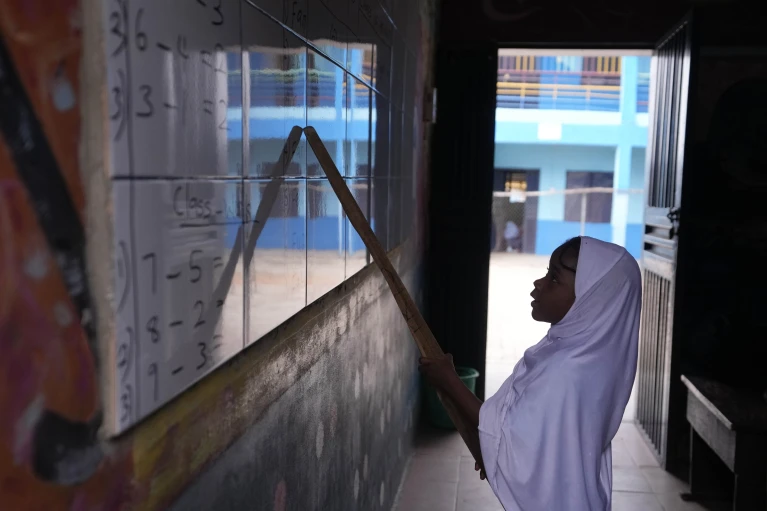
The electricity crisis in Nigeria is more than just a matter of inconvenience; it represents a fundamental barrier to the country’s development and the well-being of its citizens. From students unable to access modern educational tools to businesses struggling to remain competitive, from hospitals unable to provide consistent care to entire communities left without basic services, the lack of reliable electricity touches every aspect of Nigerian life. As the country continues to search for solutions, the urgency of addressing this crisis cannot be overstated. The future of Africa’s most populous nation and its potential as an economic powerhouse hangs in the balance, dependent on its ability to light up its homes, power its industries, and energize its future.
Originally written by TAIWO ADEBAYO for Associated Press




Yes, of course and its really uncalled for